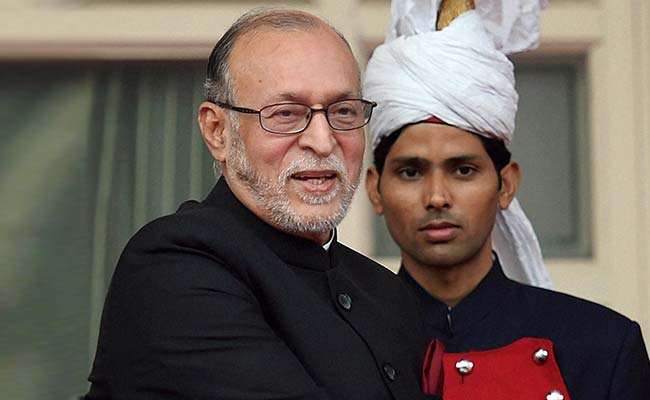
In a landmark judgment today, the Supreme Court upheld the elected government of Delhi and said the real power must be vested with it and not with the Lieutenant Governor. The observations of the three-judge bench led by Chief Justice of India Dipak Misra came as a huge boost for the government of Arvind Kejriwal, which had challenged a Delhi High Court ruling that upheld the Lieutenant Governor as the last word in administrative issues. The top court differed today, saying the people's will "can't be allowed lose its purpose".
Here are the Top 5 things the judges said:
By no stretch of imagination, NCT of Delhi can be accorded the status of a State under our present constitutional scheme.
LG is not that of a Governor of a State, rather he remains an Administrator, in a limited sense. 'Aid and advise' employed in Article 239AA(4) means the Lieutenant Governor of NCT is bound by the aid and advice of the Council of Ministers.
A balanced federal structure mandates that the Union does not usurp all powers and the States enjoy freedom without any unsolicited interference from Centre.
The Lieutenant Governor has not been entrusted with any independent decision¬ making power. L-G should not act in a mechanical manner without due application of mind so as to refer every decision of the Council of Ministers to the President.
The difference of opinion between L-G and the Council of Ministers should have a sound rationale. The difference of opinion should not be exposition of an obstructionist but of affirmative constructionism.

